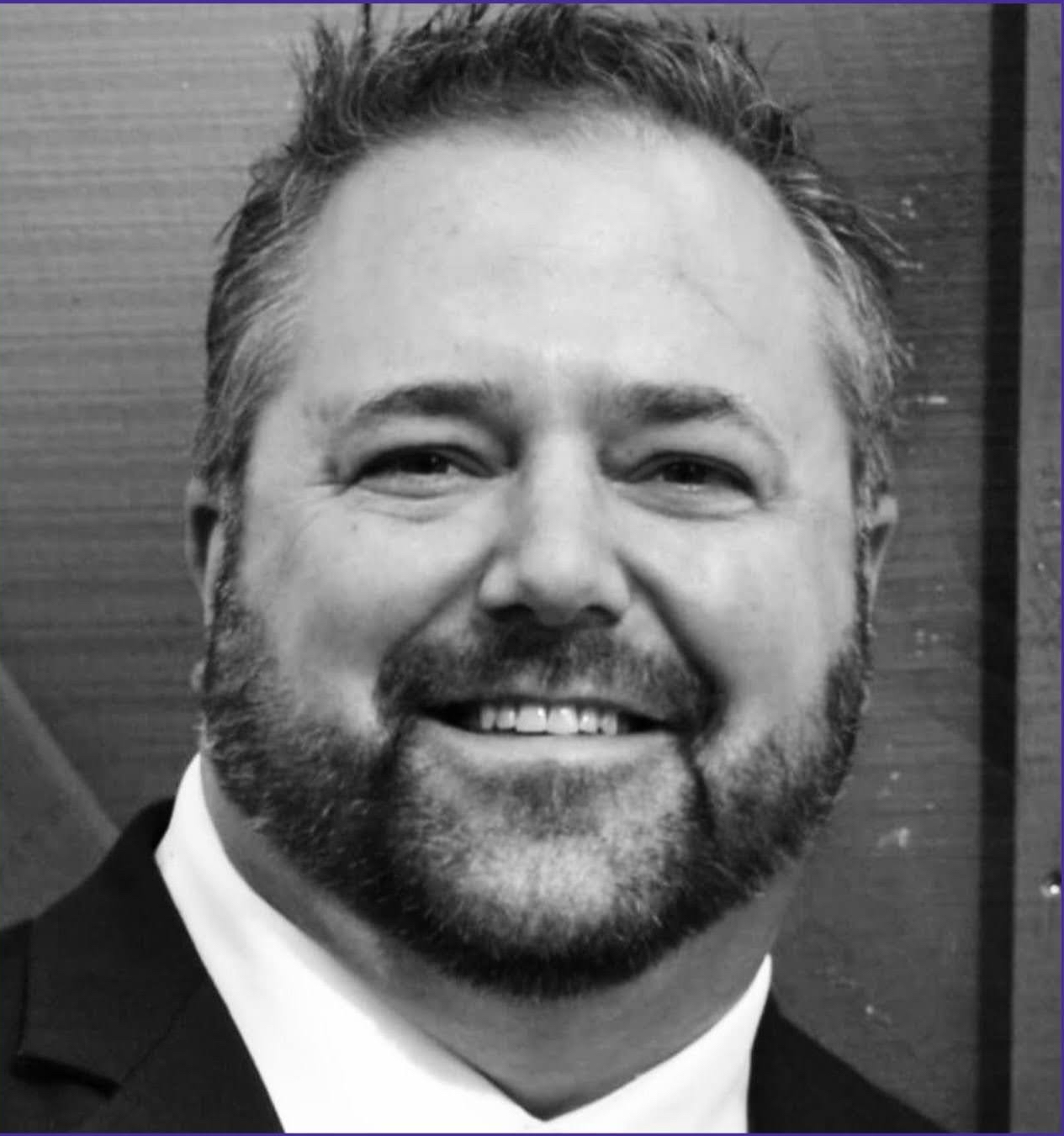
Smashing Stigma
By Kerry J. Bickford, VOICES Editor
“The third time’s the charm” comes from the idea that the probability of success is more likely after the first two attempts at something. This was certainly the case for Gary Pratt, who had previously conducted two Smash the Stigma of Addiction rallies in Berkshire County (in 2017 and 2018) prior to moving the third to Memorial Field in Great Barrington in 2019, described by Pratt as “a rousing success.”
A multi-agency collaboration within the South County Opioid Working group had begun identifying gaps in services — which often existed, but without enough capacity to serve the needs of the community. The face of the opioid epidemic was re-defined as agencies and citizens alike described roadblocks to treatment, and worked with the Southern Berkshire Rural Health Network to conduct a needs assessment. One of the outcomes was an application to HRSA for a Rural Community Opioid Response Program grant to help connect people to services focused on closing many of the gaps identified in their studies. They received a $1 million, three-year funding cycle, and Pratt was named project manager of Rural Recovery Resources. Other partners include the Railroad Street Youth Project (fiscal agent) joined by Berkshire Community College, the Brien Center, and Fairview Hospital, which developed a curriculum and a universal substance use screening tool.
“We needed a recovery center,” said Pratt, who is in long-term recovery himself, and has been committed to removing the barriers that existed for him. His Smash the Stigma of Addiction campaigns took off once the entire community started to overcome their collective denial of the huge problem with opioids that existed, and joined forces to defeat the enemy. A visual of over 300 purple flags (many planted by Pratt himself) representing the lives of Berkshire County residents lost in this crisis, created an even deeper understanding that the problem was indeed pervasive in this community.
Between 2010 and 2020, over 300 opioid deaths were recorded in Berkshire County, with the highest number during 2020 (56), according to a recent article by Francesa Paris of the Berkshire Eagle. There was a 44% increase from 2019 (40) to 2020 (56) and a mind-boggling 10-year increase of 1300% (from 4 to 56) between 2010 and 2020. Meanwhile, the community still didn't really think there was a problem.
As a person in 13 years of recovery and six years in the field, Gary points to these deaths as the impetus for his original Smash the Stigma campaign in 2017. “I’ve lost so many people over the years,” said Pratt. “Clients, friends, acquaintances … so many I don’t remember everybody; just hundreds of people gone. The gravity of this has kept me focused on keeping people alive. It's hard and nobody can do this alone. It never gets easy – only easier. Similar to grieving a loss, you learn to live with it.”
It would be impossible to identify the additional consortium partners who are working together to make the South County Recovery Center Project a stigma-free and welcoming space for people who need it. They have partnered with two registered nurses and will be a referral hub to help navigate symptoms and systems at no cost to the people they serve. They also have two full-time, no-cost recovery coaches available for South Berkshire residents, “We can connect you,” says Pratt.
The center will continue to keep their “all recovery meeting” open to anyone who has been touched by SUD – through open conversations about the choices available to anyone affected by substance use – without stigma or shame. Respect, boundaries, and trust all work together to make this meeting a success.
“It’s not one size fits all,” says Pratt. There are multiple pathways to recovery and you're not doing it wrong if you simply don't pick up. Still, there is no shame in relapse -- yet many people feel defeated and hopeless when this happens.” He embraces harm reduction and medication for opioid use disorder saying, “there is more hope if you are taking meds than there is if you are dead. It’s a wide spectrum and we can't judge someone’s recovery. Substance use is a choice but addiction isn't. Once that switch is flipped, there’s a problem.”
The path to recovery is paved with challenges and setbacks but the framework is getting stronger, thanks to comprehensive and compassionate programs like this one. Among the many other services they provide, Pratt and his partners are hoping to initiate a Peer Grief Support Group at the South County Recovery Center, for which he was trained by SADODin 2019. Although the focus is always on saving lives, many continue to die, leaving behind devastated family members, friends, and colleagues. This is one more spoke in the wheel of what is something of a miracle in western Massachusetts, and under the caring and steadfast command of someone who has been in the eye of that storm, with great vision for what was and what can be.
